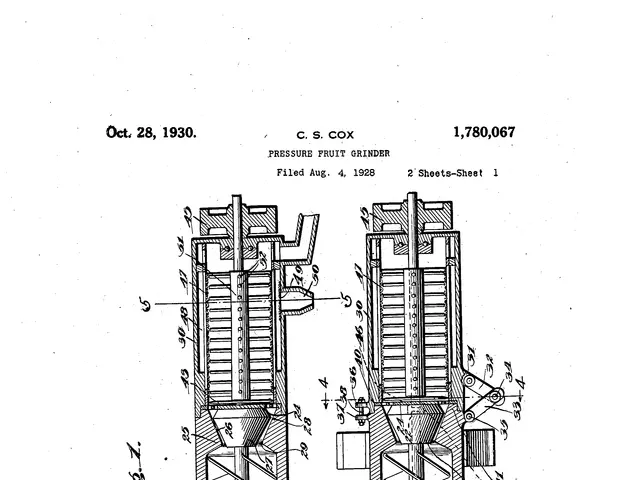Shift in Swiss Sentiment Towards German Rail's Brakes: A Deeper Dive
Critics in Switzerland raise concerns over brake systems identical to those employed by Deutsche Bahn.
In the wake of Switzerland's criticism of delays in German Rail services, discussions have now escalated to the brakes used by both entities. Following a freight train derailment in a Swiss tunnel, authorities are voicing concern over the LL brake type used by the German Rail.
The Swiss Federal Railways (SBB) have publicly criticized the LL brakes used in freight trains, expressing the need for better maintenance and other improvements. Moreover, they suggest that, from their perspective, the use of freight wagons outfitted with LL brake blocks in Switzerland and Europe should be reconsidered, potentially even banned.
The SBB's stance is backed by a final report by the Safety Investigation Authority (Sust) on the derailment of a freight train in the Gotthard Tunnel in 2023. The Sust attributes the accident to a wheel rim fracture caused by fatigue cracks resulting from thermal overload. To address these concerns, the Sust recommends longer maintenance intervals, improved testing methods, and a study on the influence of composite brake blocks, including the LL type, on the thermal load on wheels.
In response, a German Rail spokesperson mentioned that approximately 60,000 freight wagons of DB Cargo are equipped with LL brake blocks. Adjustments to deployment and maintenance rules for wheel sets have been ongoing throughout Europe to minimize mechanical and thermal loads on wheels and reduce the risk of damage, according to the spokesperson.
Of note, the Swiss Railways do not utilize any LL brake blocks in freight traffic, as stated by their own accounts. On August 10, 2023, a freight train derailed in the western tube of the Gotthard Tunnel, marking an event that took months to clear and required track renewal. Normal traffic resumed only a year later.
In essence, the SBB and likely other rail operators are criticizing the LL brakes due to concerns about their impact on wheels and potential safety risks. Analysis of the Sust's final report indicates that the LL brake pads induce greater thermal stress on wheels, potentially leading to increased wear and material fatigue cracks. Moreover, systematic problems with wheel cracks have been linked to the LL brakes, which could potentially culminate in catastrophic failures similar to the one in the Gotthard Base Tunnel.
As a result, the primary concern lies in the possibility that the LL brakes may jeopardize the safety and reliability of train operations due to increased risks of wheel failures.
[1] ntv.de[2] safety Systems and Components Magazine[3] Railway-News[4] Swiss Federal Office of Transport* German Rail* Train Traffic* Switzerland
- In light of the concerns about the LL brakes' impact on wheel safety and reliability, there could be a need for a community policy update regarding vocational training in the rail industry, particularly focusing on maintenance and testing practices for brakes and wheel sets as part of ongoing vocational training programs.
- With the expanding debate about the LL brake type used in both Swiss and European train traffic, finance and transportation authorities may consider providing additional funding for automotive-related industries to develop advanced brake systems for trains, ensuring safer and more robust transportation solutions, thereby minimizing the risk of vehicle derailments due to wheel failures in the future.








